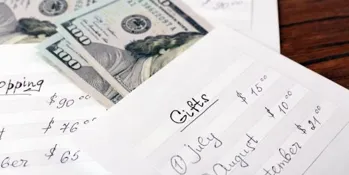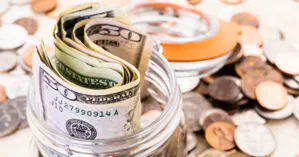
In this economy, most people are short on money. Managing a checking account and building an emergency fund are crucial for financial stability. They’re looking for ways to cut spending and feel they can’t. But there are items in the expense column that you probably don’t need. Here are 12 things we all do daily that are a big waste of money.
1. Credit Card Interest
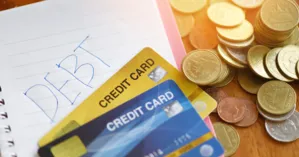
Don’t pay the minimum payment. Pay extra to pay down credit card balances and avoid high interest charges. Most credit card interest rings in at 20 to 30 percent. That’s hundreds of dollars a year. The best bet is to not run up the balance to begin with. Pay for everything with a debit card or don’t buy it.
2. Cable TV

Cable can cost anywhere from $54.99 to $250 per month, depending on what tier you buy. You should cut the cord or at least back down to a lower tier. If you only buy one or two streaming services, at about $14.99 a piece, you're still less than cable, and you have your entertainment.
3. Gym Membership

Do you really use that gym membership, or are you wasting money on something you rarely utilize? You keep telling yourself you’ll use it, but you always have an excuse not to. The average monthly cost of a gym membership is $58. This is money that you could save or put toward that credit card.
4. Bank Fees
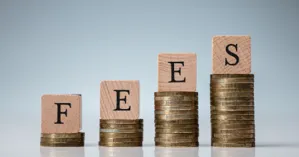
With most banks charging a $35 overdraft fee, managing your checking account is crucial to avoid losing money quickly if you spend more than you have. This is just giving money to the bank. Avoid doing it. If you’re paying monthly fees for your checking or savings accounts, consider looking for a bank that doesn’t charge them. Also besides bank fees, watch out for those late credit card fees. They can cost you up to $45.
5. Energy Drinks

Drop the energy drinks. They can cost you between $1.40 and four dollars. If you’re getting a good night’s sleep, you shouldn’t be tired during the day; if you are, consider going to the doctor. If you’re not going to sleep early enough, try changing your habits. And if you insist on that caffeine shot, drink a cup of coffee. Putting it in a to-go cup from your house is the least expensive way. Investing in a coffee maker can save you even more money compared to buying energy drinks.
6. Fast Food
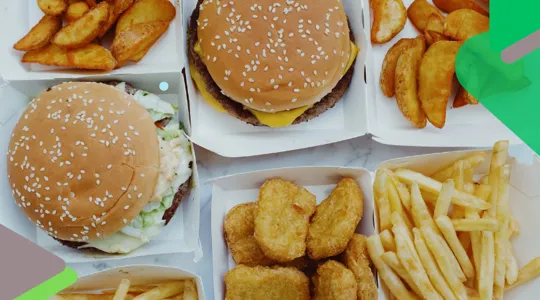
The average combo meal at a fast food restaurant is $9.72. If you have a family of four buying combo meals, that’s $38.88. Do that a couple of times a week, and you’ve blown almost $80. Stay home and grill or fry that burger. It’ll taste better and be much more inexpensive. Planning meals and being mindful when grocery shopping can save money compared to eating out.
7. Delivery Charges

Spending money on delivery charges can blow the budget. Think about DoorDash. You pay the delivery fee (two to five dollars) and a tip (three to five dollars), and you’ve potentially spent an extra ten dollars on your meal. Grocery delivery can nip at your budget, too. Many grocery delivery companies or stores will give you a break if you sign up for a monthly plan. But that’s still $30 to $40 going out the door every month. Forget the delivery and pick up your own groceries
8. Impulse Buys

Americans spend about $314 per month on impulse buys, contributing significantly to unnecessary spending. And these don’t necessarily have to be seeing a new pair of shoes. Many of these buys take place in the grocery store. Have a plan when you go to a store and tell yourself you’re not going to deviate from it. When you see an item, ask yourself if you need it or if it is an impulse buy, if you say no, it's a guaranteed way to save money.
9. Extended Warranties
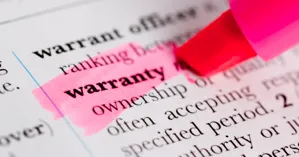
Don’t be pressured into buying that extended warranty, as it often leads to just a waste of money. It’s not a frugal decision. Products don’t usually break down until older…after the warranty ends. And keep in mind that the warranty will probably cost more than the repair.
10. Latest Trends

Spending money on trends can lead to unnecessary expenses. You’ll spend money on them only to find they’re outdated six months to a year later, and you can’t even sell them on Poshmark. Instead, invest in classic, quality pieces that you can wear for several years. Other trends such as having a new car, new phone, or lottery tickets are usually ways to waste money.
11. Water

Don’t waste money and energy buying pallets of water. Keep a filtered pitcher in the refrigerator. And if you’re on the road, take a water bottle. It’s great because you can refill it later, and the insulated ones keep the water cold. Choosing store brands for bottled water can also save money while offering similar quality and ingredients as brand-name products.
Conclusion
Start whittling away the things that are wasting your money. For example, lowering your credit card balance may take a while, but you can change your cable immediately and start saving money.
Reallocating savings from unnecessary spending towards an emergency fund can significantly improve your financial security.



